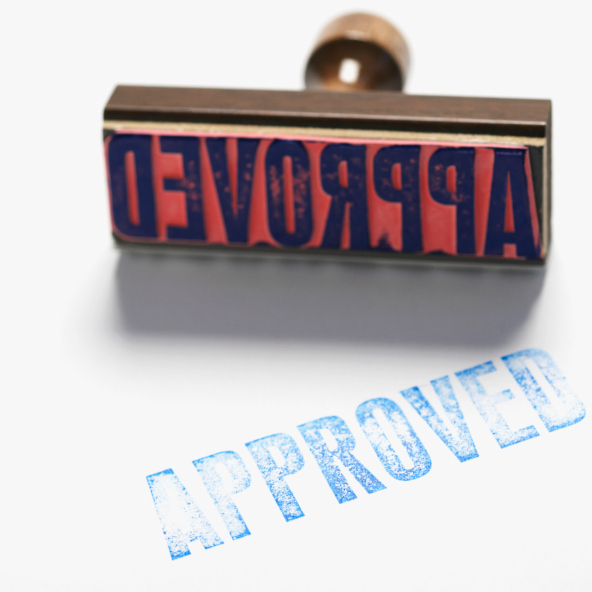What Does It Mean To Be In A Seller’s Market: A Brief Overview
 In the realm of real estate, market conditions can differ significantly due to a variety of factors. One such state is known as a seller’s market, which typically benefits those wanting to sell their property. Let’s dive into what makes a seller’s market advantageous for homeowners looking to offload their house and why it’s an attractive option for buyers too.
In the realm of real estate, market conditions can differ significantly due to a variety of factors. One such state is known as a seller’s market, which typically benefits those wanting to sell their property. Let’s dive into what makes a seller’s market advantageous for homeowners looking to offload their house and why it’s an attractive option for buyers too.
A Lack Of Inventory
The lack of available homes creates supply-side pressure in a seller’s market; there are fewer houses on offer than there are prospective purchasers searching for them. This scarcity could be attributed to many reasons including economic prosperity, increased employment opportunities, and favorable mortgage rates – all encouraging people not to part with their homes under current circumstances. Therefore, buyers must compete over limited options, driving up home prices, resulting in great returns for vendors who may receive multiple offers from interested parties pushing sale costs beyond listed amounts.
Greater Demand For Homes
When demand exceeds supply you know you’re likely dealing with a seller’s paradise – but even though they hold the power when house hunting season comes around each year – smart shoppers can also take advantage if they play by the rules: move fast when you see something that fits your criteria because someone else probably has too! On top of this, make sure you have pre-approval from lenders so vendors will consider your offer seriously among others vying fiercely against one another.
Low Rates Of New Construction
In a seller’s market, construction companies often do not build homes as quickly. Maybe there is a labor shortage, or perhaps they don’t have the supplies they need to turn around homes quickly. Limited new construction could be driving demand, which could mean lower opportunities for buyers, increasing the demand for the homes that are still available.
Understand What It Means To Be In A Seller’s Market
No matter where either side stands within a seller’s market, understanding these nuances will ensure success when navigating through any sale or purchase transaction related matters. Additionally, having access to knowledgeable professionals such as experienced agents or attorneys throughout each step could prove advantageous as they have expertise in many areas, including but not limited to, contract writing, contract review, and negotiation techniques that may come into play during various stages along your journey towards closing day!

 If you dream of owning a house one day, you have probably realized that one of the biggest challenges is saving money for a down payment. You have already found your dream property, but then the lender asks you to put 20 percent down, which can be tens of thousands of dollars. Fortunately, there are alternative options available, and you may be able to purchase a home for no money down.
If you dream of owning a house one day, you have probably realized that one of the biggest challenges is saving money for a down payment. You have already found your dream property, but then the lender asks you to put 20 percent down, which can be tens of thousands of dollars. Fortunately, there are alternative options available, and you may be able to purchase a home for no money down. If you’re about to seek approval for a mortgage, you’ll want to ensure you have a solid credit score and clean financial records to boost your likelihood of being approved. There are certain characteristics that lenders want to see in a mortgage applicant before they agree to give a loan, and you want to prove that you’re a responsible borrower. But certain behaviors can easily tank your application and crush your home ownership dreams.
If you’re about to seek approval for a mortgage, you’ll want to ensure you have a solid credit score and clean financial records to boost your likelihood of being approved. There are certain characteristics that lenders want to see in a mortgage applicant before they agree to give a loan, and you want to prove that you’re a responsible borrower. But certain behaviors can easily tank your application and crush your home ownership dreams. The mortgage process is a long and complicated one, with a number of similar-sounding terms that can easily confuse first-time homebuyers. A pre-approval is not the same thing as a pre-qualification, and it’s important to understand everything that goes into a pre-approval. Being declined during the pre-approval process means you’ll have a hard time getting the funds you need to buy your home, so it’s important that you know what the process is going to look like before going into it.
The mortgage process is a long and complicated one, with a number of similar-sounding terms that can easily confuse first-time homebuyers. A pre-approval is not the same thing as a pre-qualification, and it’s important to understand everything that goes into a pre-approval. Being declined during the pre-approval process means you’ll have a hard time getting the funds you need to buy your home, so it’s important that you know what the process is going to look like before going into it.